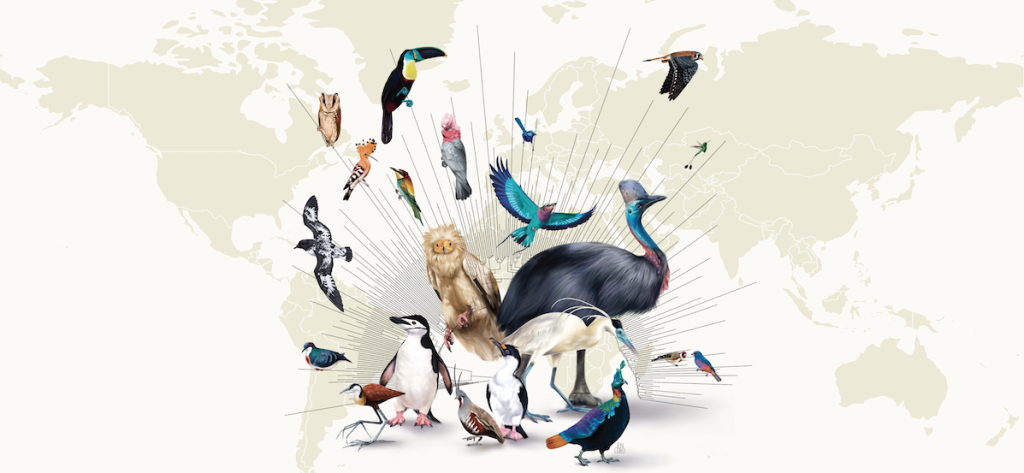Syllabus:
GS3: Conservation, Environmental Pollution and Degradation, Environmental Impact Assessment.
Context:
Recently, the first-ever unified global checklist of bird species, AviList, became live on June 12, 2025, after four years of work by the Working Group on Avian Checklists.
More on the News
- According to BirdLife International, the new checklist will replace the International Ornithological Committee (IOC) and Clements lists.
- The Working Group on Avian Checklists included representatives from BirdLife International, the Cornell Lab of Ornithology, the American Ornithologists Society, the International Ornithologists’ Union, and Avibase.
- The new list will especially help scientists get clarity on conservation priorities.
Key Feature of the AviList
- A unified global bird taxonomy will aid conservation by eliminating confusion caused by multiple existing lists.
- The working group uses an “integrative species concept,” assessing species based on traits like appearance, behaviour, genetics, evolution, geography, and reproductive isolation.
- The checklist will be revised annually to incorporate new research and evolutionary insights.
- The final decisions are determined by a vote among the core group of taxonomists.
- The list contains 11,131 species, 19,879 subspecies, 2,376 genera, 252 families and 46 orders. It has brought together global thinking on what constitutes a species and shakes up humanity’s understanding of the avian world.
BirdLife International
- BirdLife International is a global Partnership of over 100 national conservation organizations with a focus on birds and working together on shared priorities, policies and programs of conservation exchanging skills, achievements and information, and so growing in ability, authority and influence.
- The BirdLife International Partnership is a worldwide Network of autonomous non-governmental organizations supported by a large grassroots membership, that work together to conserve biodiversity through shared priorities, programs and actions.
- A decentralized Secretariat co-ordinates activity, disseminates information and provides services to the Partner organizations. Together, the Partners form a powerful global conservation movement working at local, national, regional and global levels.

